Common Data Backup Mistakes You Might be Making

I think there's an issue with my storage device, but I'm not sure
Start a free evaluationKeeping your data protected continues to be of paramount importance, Why, you might ask? Because there are many ways we can lose our information via hard drive failures, physical damage, and hackers, who continue to disguise clever ways to steal data. While creating a data backup is a good start, it’s important to refrain from making common mistakes that might render your efforts useless.
What is a Data Backup?
A data backup gives you access to a file on other devices. A great example is using Google Docs to create a word file. After Google saves the file, you are able to access it on any device provided you have the right login information.Another way to store files is through external hard drives. With these, you connect them to your device--normally through a USB port. Next, you select the files you want to move to that external drive. Upon successfully transferring the files, you have another device where you can access the data when you need it.What you’ll notice is how convenient having a data backup is. Depending on where you store the files, you’ll have access to them no matter where you are. That said, there are some things you should be mindful of that can help you prevent a data loss from happening.[caption id="attachment_25027" align="alignnone" width="1024"]

Illustration by Razor Technologies[/caption]
Common Data Backup Problems
One problem concerns failing to test the data backup regularly. To demonstrate, if your company doesn’t conduct regular inspections it won’t know if there are any corruptions or errors present on that device, resulting in a desperate situation if data loss occurs.Meanwhile, another concern rests on where you store your data backups. You might think your home or office is a smart choice, but then again what happens if a fire, flood or other catastrophe destroys that backup device? A good rule of thumb is to have an offsite option as well. This can be as simple as storing flash drives at the lockbox at a bank or using a cloud server. Referencing the Google Doc example above, using the cloud allows you to access your files remotely on any device.Speaking of cloud storage, there’s no perfect solution. While they provide convenience and significant cost savings, it’s important to treat them the same as you would with your internet banking: create strong passwords and get in the habit of changing them every three months. This can mitigate the risk of hackers accessing your data.Another common mistake is placing all your eggs into one basket. The obvious problem with this is what happens if that data backup fails? You are up a creek without a paddle. With this in mind, it’s ideal to create several backups that way you have other options if data loss happens. The last step deals with the devices you use to access data. If malware, viruses or other harmful files render your device compromised, then it’s possible for the backups to receive this corruption as well. Therefore, it’s imperative to keep software up to date, have anti-virus software installed on all devices, connect to a secure WPA2 WiFi connection, and practice safe online behaviors. Overall, these tips help you avoid common data storage mistakes. In the meantime, if you have encountered data loss, know there are options available to assist you. The team at SALVAGEDATA is adept at recovering files from a wide variety of devices, servers, and storage types. You’ll find our services informative and expedient. To learn more or to get started with a case, contact us today.
Related services
These are the most commonly requested data recovery services. At our headquarters' cleanroom lab, our certified engineers conduct a thorough review of any type of physical storage device, determining if there is logical or physical damage and carefully restoring all of the lost files.ces.
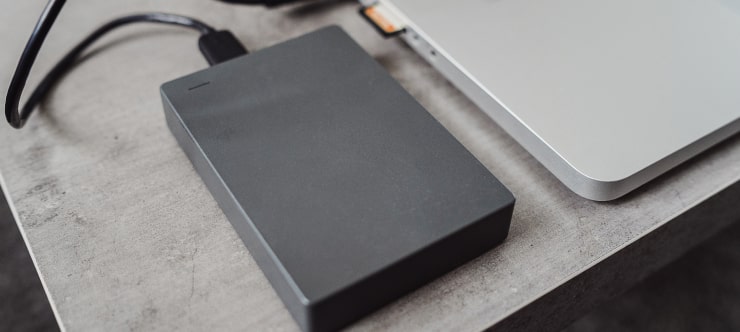
External Drive Data Recovery
We recover data from both external SSD and HDD drives. Rely on certified experts to restore your important files from damaged or corrupted external drives.
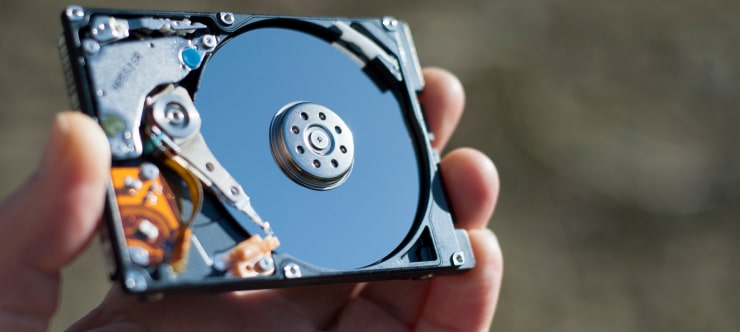
Hard Drive Data Recovery
Recover data from all brands of HDD, PC hard drives, and hybrid disks. Our specialists ensure fast and secure recovery for any data loss scenario.
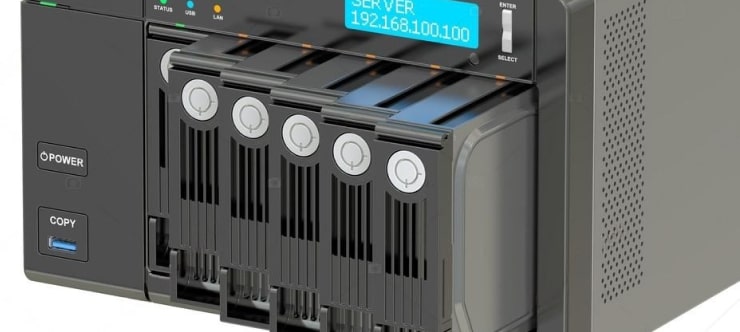
NAS Data Recovery
Recover data from NAS devices, including RAID configurations. Our team handles all types of NAS systems and ensures data recovery with minimal downtime.

RAID Data Recovery
Our RAID data recovery services cover RAID 0, 1, 5, 10, and other configurations. We offer expert solutions for failed, degraded, or corrupted RAID arrays.
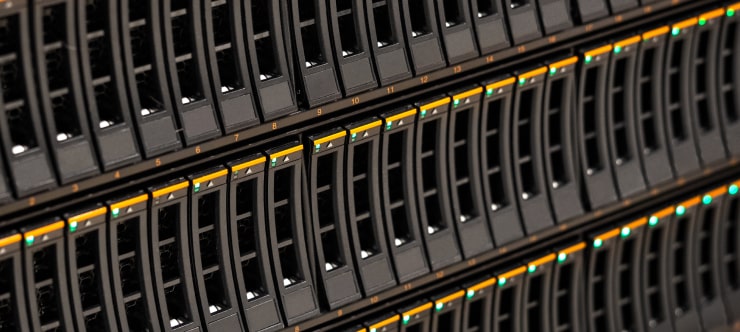
SAN Data Recovery
Our team specializes in handling SAN devices from leading manufacturers like Dell EMC, HP, and IBM, ensuring efficient recovery with minimal disruption to your operations.
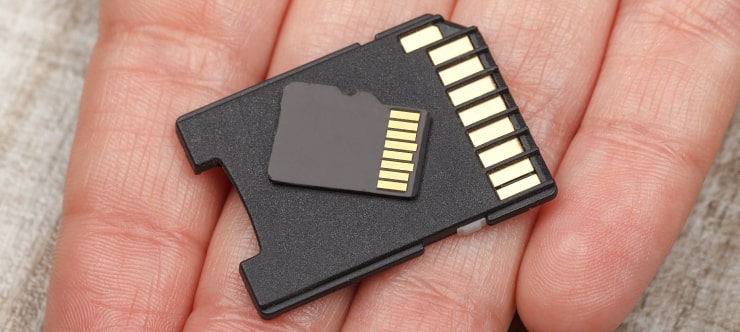
SD Card Data Recovery
Our recovery experts specialize in restoring data from SD and memory cards. We guarantee quick recovery with a no-data, no-charge policy.
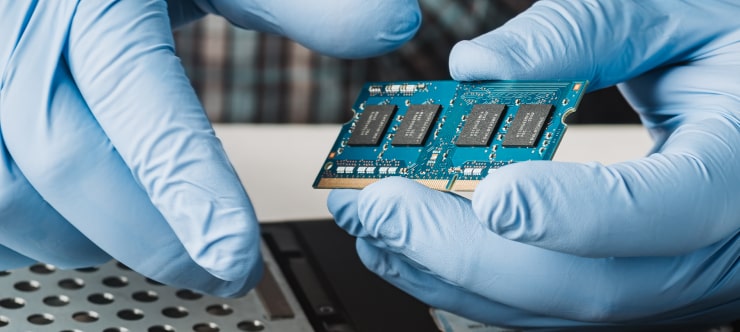
SSD Data Recovery
Our data recovery experts handle all SSD data loss scenarios with advanced tools, ensuring maximum recovery with high-security protocols.
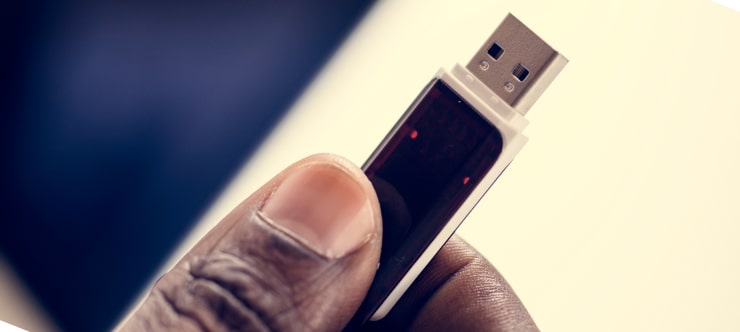
USB Flash Drive Data Recovery
Recover lost data from USB flash drives, regardless of the damage or brand. We offer free in-lab evaluations to assess data recovery needs.
If you’re unsure about which data recovery service to choose, let our team assist you in selecting the appropriate solutions. We understand the anxiety that comes with a sudden drive failure, and we are more prompt in our actions compared to other recovery service providers.



